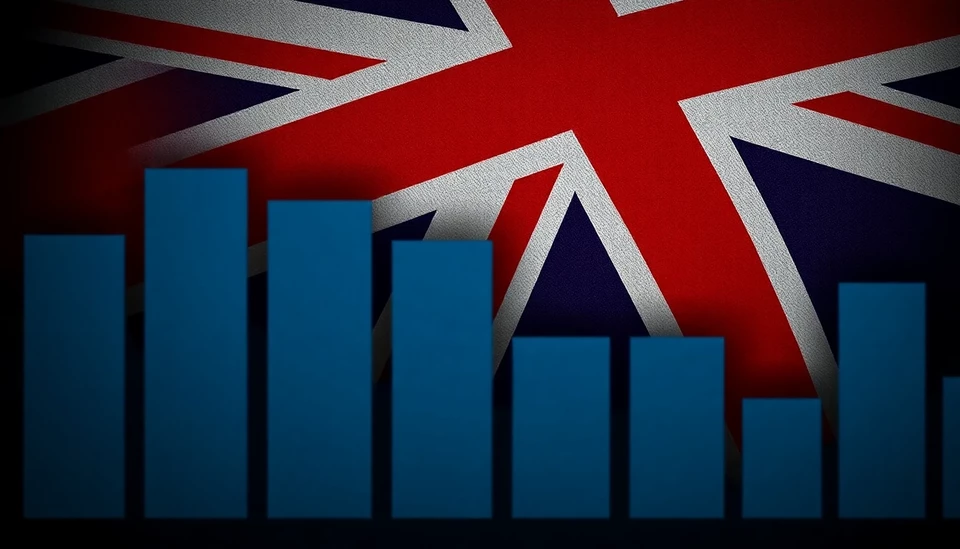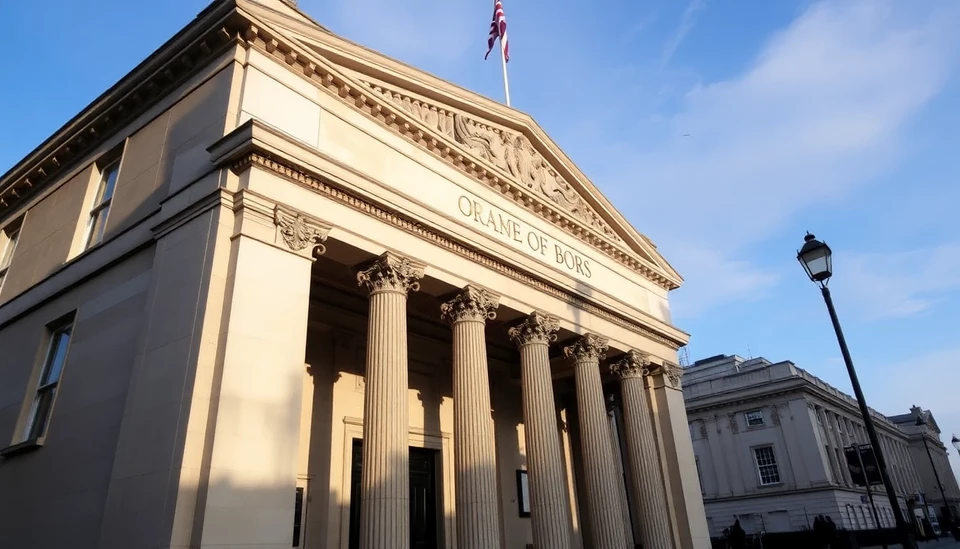
In a recent development signaling potential concerns for the UK's economic health, data reveals that consumers have begun to significantly reduce their spending. This trend, noted as a clear warning sign for policymakers, raises alarms about the broader implications for the economy as it navigates uncertain financial waters.
Retail sales figures indicate that the British public is becoming increasingly cautious in their purchasing decisions, with many opting for necessities over discretionary goods. The decline in spending comes against a backdrop of rising inflation and continuously high living costs, which have prompted households to reassess their financial priorities.
According to experts, this change in consumer behavior could pose a significant challenge for Chancellor of the Exchequer, Rachel Reeves, as she seeks to implement economic strategies that stimulate growth. The latest analytics showcase a marked shift in spending patterns, with a notable decrease in sectors that typically thrive during periods of economic growth.
The data suggests that shoppers are prioritizing essentials and cutting back on non-essential items, which could severely impact retail businesses and overall economic momentum. With inflation rates still high, many families are feeling the pinch, leading to a more cautious approach when it comes to spending. For many, the luxury of spending freely has given way to a more measured and frugal approach to finances.
This shift has not only affected the retail sector but has also raised concerns among investors and policymakers regarding the sustainability of the economic recovery. If these spending patterns persist, analysts fear that it could lead to a broader economic slowdown, further complicating the government’s fiscal planning and economic recovery strategies.
As the situation continues to evolve, the government and financial institutions are closely monitoring consumer behavior trends to devise timely interventions that could help invigorate the economy. The implications of these spending cutbacks extend far beyond individual retailers; they highlight a need for a holistic approach to economic management that addresses the root causes of inflation and rising costs of living.
In conclusion, the decline in consumer spending serves as a crucial indicator of the economic sentiments entrenched within the UK populace, potentially setting the stage for more challenging financial times ahead unless proactive measures are taken by the government and economic stakeholders.
#UKSpending #EconomicAlert #ConsumerTrends #RetailChallenges #InflationImpact #ChancellorReeves #FinancialCaution
Author: Daniel Foster


